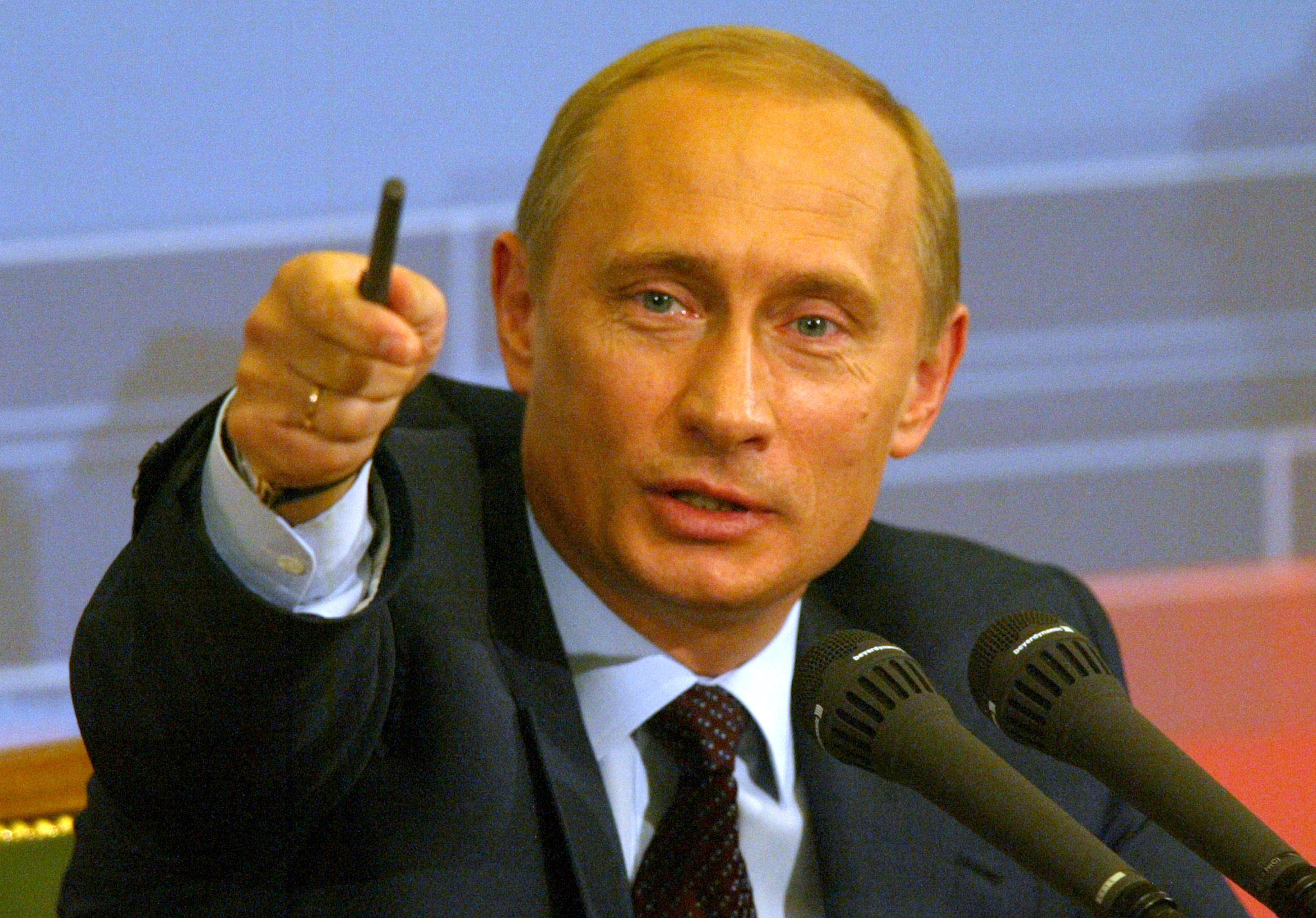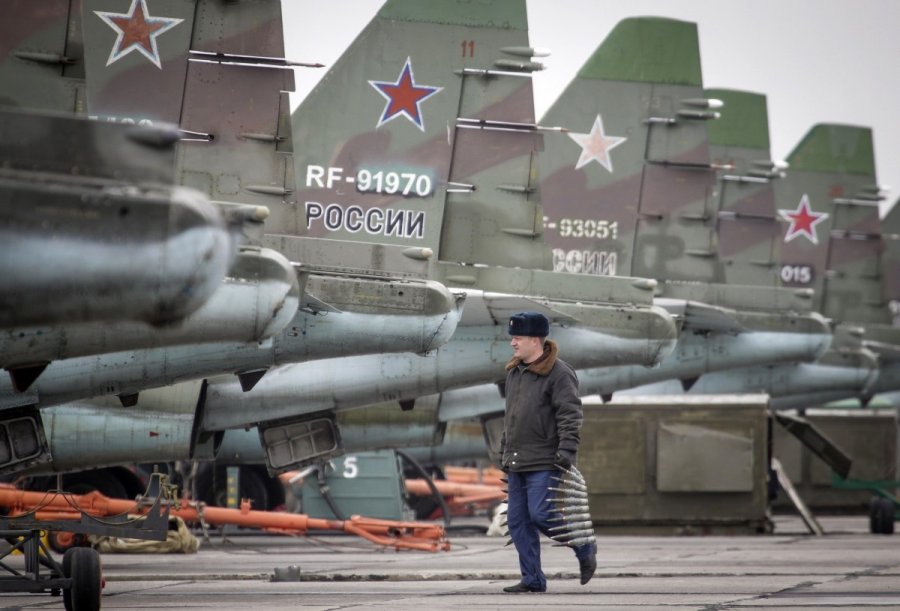
On February 12, Russia and Ukraine agreed to a ceasefire agreement brokered by Germany and France effective February 15. Three days after the ceasefire took effect, thousands of Ukrainian troops retreated from the town of Debaltseve, having suffered 22 casualties and more than 150 wounded by a Russian-backed assault. Russia, within days of agreeing to a ceasefire, inflicted upon the Ukrainian military its greatest loss since the conflict began. In response, the United States is considering new sanctions on Russia and sending weapons to Ukraine.
President Obama has withheld support for sending weapons thus far, expressing several concerns with supplying weapons:
“Can we be certain that any lethal aid that we provide Ukraine is used properly, doesn’t fall into the wrong hands, does not lead to over-aggressive actions that can’t be sustained by the Ukrainians? What kind of reactions does it prompt, not simply from the separatists but from the Russians?”
President Hollande of France and Chancellor Merkel of Germany are adamantly opposed to sending weapons. Despite Russia’s violation of their last agreement, they maintain that a diplomatic solution will stop Russia’s actions in Ukraine, and they worry that sending arms to Ukraine will escalate the conflict to a level beyond what diplomacy can solve. German Defense Minister Ursula von der Leyen expressed this sentiment when she said, “It must be possible to find – not through military conflict but at the negotiating table – a balance of interests inside Ukraine that guarantees both the integrity of the state and the appropriate scale of autonomy.”
Secretary of State John Kerry disagreed. Though he conceded that there was not a military solution in Ukraine, he stated, “President Putin’s got to make the decision to take an off ramp. And we have to make it clear to him that we are absolutely committed to the sovereignty and integrity of Ukraine no matter what.”
Senator John McCain was much more candid in his support for sending weapons to Ukraine. “The Ukrainians are being slaughtered, and we’re sending them blankets and meals,” he said. “Blankets don’t do well against Russian tanks.”
Essentially, all those in favor of sending weapons to Ukraine are concerned with appeasing Putin to the extent that he invades somewhere else, the plight of the Ukrainian military, and the benefits to Russia if they wrest control of Eastern Ukraine. All those opposed to sending weapons to Ukraine are mainly focused on preventing escalation of the conflict, starting a proxy war between the United States and Russia, and Putin leaving the negotiating table.
There are several merits to the fear that Putin will invade somewhere else if he succeeds in Ukraine. When Georgia was attempting to join the EU in 2008, Russia invaded and took control of two secessionist regions from Georgia. Since 2008, Russia has granted the regions Russian citizenship, foreign aid, scholarships to Russian universities, and other entitlements aimed at Russifying the population. Russia has bestowed similar benefits to Transnistria, a separatist region in Moldova. These and other non-NATO countries, known in Russia as the Near Abroad, are the low-hanging fruit of Russia’s expansionist policies.
There are also several benefits Russia stands to gain by annexing or federalizing Eastern Ukraine. First, it would allow Russia to form a land bridge to Crimea, making Russia’s nearest warm-water port a more usable platform to once again project a global military presence. Second, Russia’s current regime would be seen as re-establishing Russia’s former Soviet sphere of influence, making it much more popular domestically and distracting the citizenry from its inability to deal with economic and political problems at home. Lastly, Russia wants control of Ukraine’s gas pipeline. This has long been a Russian endeavor, as roughly 80 percent of Russia’s gas exports travel in pipelines through Ukraine. Taking Eastern Ukraine gives Russia control of key segments of the pipelines.
There are few merits, however, to the fears expressed by those opposed to sending weapons to Ukraine. Regarding fears of the conflict escalating, Russia already escalated the conflict despite a ceasefire. It has shown its intentions and that those intentions supersede international peace efforts. Regarding fears of a proxy war, this already is a proxy war for Russia; U.S. arms support would only help level the playing field for the Ukrainian military. Regarding fears of Putin leaving the negotiating table, the negotiating table is useless if Putin refuses to adhere to the agreements he makes. Furthermore, stronger Ukrainian resistance to Russia’s assaults would only make the West’s bargaining position stronger in negotiations.
For the benefit of Ukraine, to increase the costs of Russia’s expansionism, to deter future Russian aggression, and to thwart Russia’s acquisition of geostrategic territory, the United States should send weapons to Ukraine.


